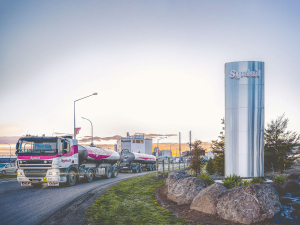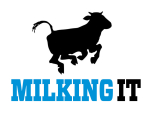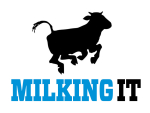The company’s total revenue was down 3% to $1.6 billion and total group earnings before interest, taxes, depreciation, and amortization (EBITDA) down 31% to $90.7m.
Operating cashflow was down 83% to $39m, capital expenditure down 32% to $65.1m and net debt up 21% to $413.5m.
Synlait chair Simon Robertson described the financial results as “challenging and not where we need them to be”.
But he says they are building the foundations for a stronger Synlait, playing to its strengths while continuing to diversify products, markets, and customers.
“Our refreshed strategy leverages Synlait’s strengths in our world-class capabilities and experience in partnering to produce high-value Advanced Nutrition and Foodservice products."
The company plans to address its balance sheet over the coming 12 months, including divesting Dairyworks and Temuka cheese assets.
Roberston says the company also plans to right size its cost base to current activities and near-term growth opportunities; deliver and build on our current and prospective Advanced Nutrition and Foodservice customer opportunities; and lift operational performance.
Synlait chief executive Grant Watson admitted that it was an extremely challenging year for Synlait.
He says various factors contributed to the poor financial performance, including material reductions in customer demand, extreme weather events, the Covid-19 pandemic, inflationary impacts on cost base, and costs associated with the launch and stabilisation of enterprise resource planning (ERP) system.
“Some factors were outside our control, and others were within our control. Thank you to our shareholders, staff, farmer suppliers, and customers for your support. We are focused on getting the basics right, lifting our performance, and returning to profitability, as we look ahead to a new and exciting era in Synlait."


















